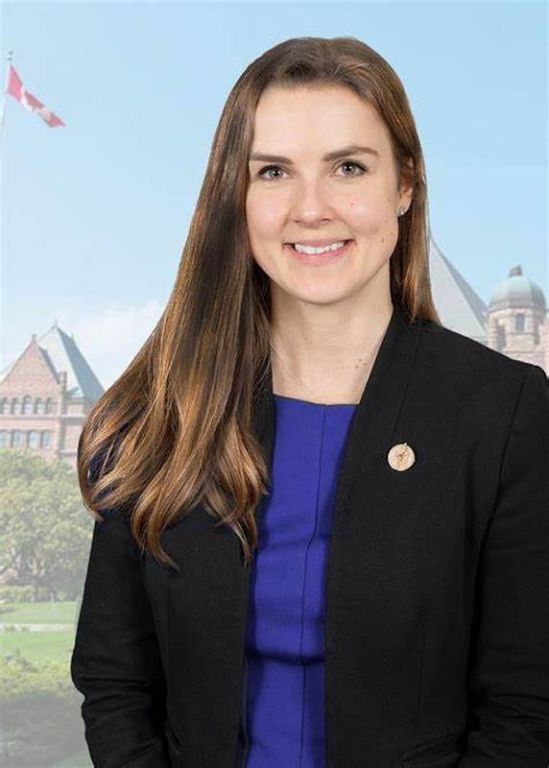Jeff Green | Apr 03, 2024
So, far it is only a few lines of text in an Auditor General’s report, but slowly across rural Ontario there is starting to be a reaction to the idea that free water testing for total coliform and e coli, will no longer be offered to the 3 million rural Ontarians who depend on their own well water for sustenance.
A couple of water source committees and rural municipalities have sent letters to the Ministry of Environment, Conservation and Parks requesting that the government continue to offer the service.
It is unclear why the Auditor General's report recommended that the testing be phased out. It could be the cost of the testing itself that is behind it. It could be that getting rid of the water testing will make it easier to carry out the main thrust of the recommendation, to close 5 labs operated by Public Health Ontario in smaller centres. If, as the report envisions, all water testing in Eastern Ontario will be directed to Ottawa, that would require establishing and maintaining a courier system to get water to Ottawa from hundreds of small communities located up to 250 kilometres away within a short time frame, and keeping track of all those samples from all those places. All of the savings the report is looking for, may start being eaten up by rural well testing.
The double standard here is easy to see.
While people in urban centres pay water bills, which are intended to cover all of the costs associated with treating, testing, pumping and piping water to the home, municipalities always seek and receive provincial grants to build or upgrade a water system.
Just this week, the first thing that South Frontenac is doing, as they plan to develop a communal water system for a housing development in Verona, is to apply for a provincial grant to support the water and sewer system the development will require.
As rural property owners we pay for our well, we pay to pump it to our homes, we pay for the pipes, and many of us pay for water treatment as well. All that the government provides is the water tests, which analyses total coliform, and the potentially lethal pathogen, e coli. The Minister of the Environment, Conservation and Parks (MoECP) produces an Annual Report on Drinking Water. It discusses the safety of the water supply to 80% of the Ontario population, implying that the safety of water to the other 20% is not the responsibility of the Province of Ontario at all.
This is the context the ministry appears to be operating within. Providing water tests for rural property owners is something the province has been doing out of habit, or out of courtesy, but it has nothing to do with their role in ensuring a clean water supply to Ontarians, so canceling the service is being treated as an administrative matter, not a policy issue.
How else can we explain that a proposal, encased in a report from another ministry of the same government, to cut off 3 million people from a measure to ensure their drinking water is safe, does not warrant a mention in the “Annual Report on Drinking Water” in the province.
It could be the case that the MoECP is not aware of what the Auditor General is proposing, as governments often don't talk that much among themselves.
In either case, what rural Ontarians require at this point is a clear statement of the government's intentions regarding this service, and if that means cancelling the testing, an indication of what the alternatives are going to be.
We will put those questions to government officials in the coming weeks.
More Stories
- Harrowsmith Public School and the Magic of Theatre
- You’re a Good Man Charlie Brown – a school wide effort at SHS
- Leadership From Within
- New Bulk Water Station in Sydenham
- Frontenac County Council looks at Healthcare Recruitment
- Good Turn Out Maple Fest Despite Rain
- Future looking brighter for Denbigh Fire Department says Chief
- Local Favourites featured at 2nd Annual SF Music Festival
- Perth Festival of the Maples, Saturday, April 27
- South Frontenac Council

